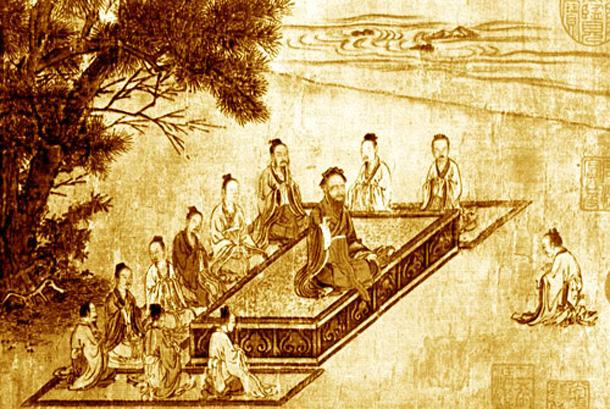The principles of good leadership apply at all levels of social hierarchy, whether it relates to running a country, operating a business, keeping a household in order, or maintaining a positive marriage. Among the key issues is how leaders treat and regard the people they’re responsible for.
There’s a story in the “Hagakure,” one of the core Japanese texts of Bushido, written by Yamamoto Tsunetomo in 1716, which describes a discussion on itemizing payments to find possible misuse of funds. In the story, a man counters the concept by stating, “This is not as advantageous as you think.”





